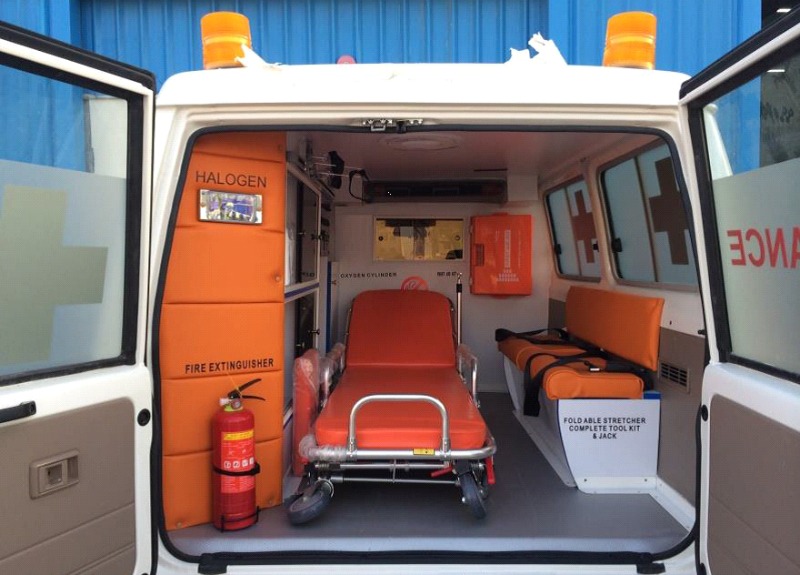Bulawayo City Council (BCC) ambulance crews and police officers are not qualified to handle mentally ill patients forcing families to seek alternative means to transport them to health centres.
This was revealed in the latest council minutes where councillors raised concern over the treatment of mentally ill patients.
Ward 2 Councillor Joyce Ndlovu said she had witnessed a situation where both the police and BCC ambulances crews had refused to offer their services.
She then asked who was responsible for transporting mentally ill challenged patients to the hospital.
The city council noted its ambulance technicians were not trained to deal with mentally ill patients, who could be violent.
“It was appropriate for qualified personnel to transport them. It was best to contact Ingutsheni who might team up with the police and ambulance crew,” read the council minutes.
In an interview with CITE, Ingutsheni Hospital Clinical Director, Dr Wellington Ranga, acknowledged that ambulance crews could be overpowered by mentally ill patients who were sometimes aggressive.
“Ambulances carry lifesaving equipment and mental health is not really life-threatening, actually our patients are aggressive so the ambulance has monitors and oxygen tanks then you are dealing with an aggressive patient, which is a tricky situation for the ambulance crew,” he said.
“Sometimes they don’t even carry the type of medicine we give our patients. In some situations, they may not be able to handle the patients so we sort of exonerate the ambulance crew.”
Dr Ranga said ideally the police should step in more, as they were better prepared to deal with aggression.
“If there is aggression, the police are supposed to help. It’s unfortunate if they may also refuse because you will need them when there is violence. In some instances, you actually need anti-riot police to come to deal with the aggression,” he stated.
“Aggression is not a small thing, it’s a bit tricky to handle if you are not properly trained. We need more of the police coming up to help.”
The clinical director noted that mental health challenges require the involvement of the whole community as it entails a collective effort, understanding and patience.
“But you people don’t want to listen to us when we speak about mental illness. Generally this is why relatives often bring the patients themselves,” he highlighted.
Dr Ranga said resources permitting, the hospital must have its own ambulance crew who were trained and vehicles better suited to carry mentally ill patients.
“It is a good idea but down on our list because we are struggling to keep people alive but I will repeat that mental health is the responsibility of the community so everyone has to assist one way or the other,” he noted.


It’s a pity that a Country so renowned for knowledge and exportation of Mental Health Carers Worldwide does not have solutions to care for its own patients.